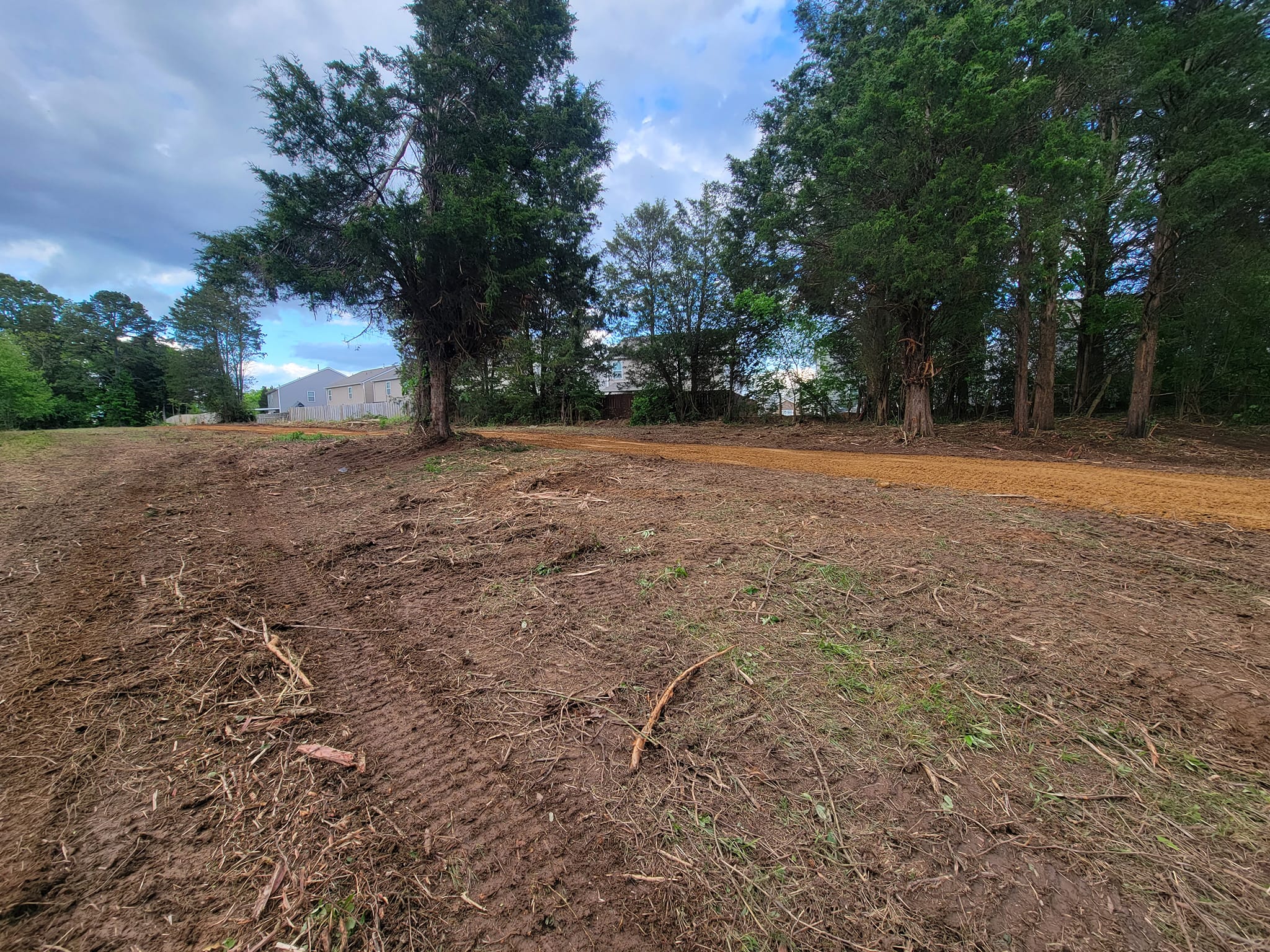
How Advanced Technology is Shaping the Future of Excavation Services Sep 12, 2025
Today's construction industry demands speed and accuracy, which was once unattainable with traditional excavation methods. The advent of technologies such as GPS, machine control systems, and 3D modeling has revolutionized how excavation projects are executed. Imagine a world where excavation machines are equipped with technology that allows them to know the precise location and depth needed for every dig. This is not a distant future, but the current reality for forward-thinking companies like Carter’s Grading Services.
One of the most significant advancements has been the integration of GPS technology into excavation equipment. GPS not only enables operators to dig with pinpoint accuracy but also minimizes human error. By mapping out the site in advance and setting precise excavation boundaries, projects can be completed faster and with fewer resources. This level of precision reduces rework, saving time and money – a compelling advantage for any construction project.
Another technological leap has been the adoption of machine control systems. These systems use sensors and GPS data to guide excavation equipment automatically. This leads to an unparalleled level of control for operators, ensuring that jobs are completed to exact specifications. At Carter’s Grading Services, we utilize these systems to enhance job site productivity while maintaining a high standard of safety. By minimizing the manual control required, these technologies reduce the likelihood of accidents, protecting both workers and infrastructure.
3D modeling and drone technology have also made significant impacts in the field. Before any physical digging takes place, detailed 3D models of the excavation site can be created. These models provide a comprehensive understanding of the terrain and sub-surface conditions, allowing for better planning and risk management. Drones are used to capture aerial views of the site, offering a perspective that was previously challenging to obtain. This aerial imagery supports better decision-making and site management.
Moreover, the use of telematics systems allows for real-time monitoring of excavation equipment performance. This technology provides data on fuel consumption, machine health, and operator efficiency, facilitating preventive maintenance and better resource management. Companies like Carter’s Grading Services can leverage this data to optimize their operations, ensuring continuous improvement in service delivery.
The future of excavation services is undeniably tied to technological progression. By harnessing the power of these advanced technologies, Carter’s Grading Services is not only redefining the standards of excavation but also setting benchmarks for the industry. Embracing technological innovation leads to safer work environments, reduced environmental impact, and faster project completion times.
In conclusion, as technology continues to shape and redefine the excavation industry, Carter’s Grading Services remains committed to integrating the latest advancements. The use of GPS, machine control systems, 3D modeling, drones, and telematics is just the beginning of what technology can offer. For anyone involved in construction, understanding and embracing these changes is essential to remain competitive in today’s fast-paced market. By choosing Carter’s Grading Services, you are not only selecting a company with a history of excellence but also one poised for the future of excavation.
/filters:no_upscale()/media/8b357a1a-035f-40fe-b0ff-58adc03fcc90.jpg)
/filters:no_upscale()/filters:format(webp)/media/06c25902-cf9d-4668-92b0-34a5b1860695.jpg)